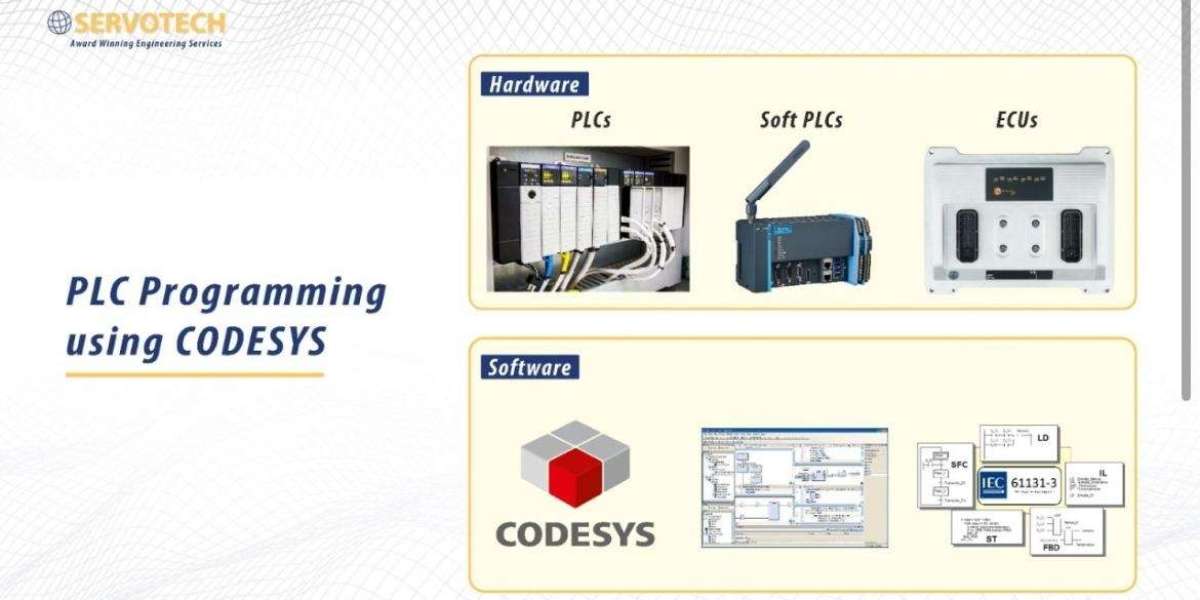In today’s fast-paced, logistics-driven world, the success of many industries hinges on the ability to manage vehicles efficiently, safely, and cost-effectively. From transportation and delivery services to utilities and field services, companies with vehicle fleets are increasingly turning to Fleet Management Platforms (FMPs) to streamline operations, ensure compliance, and improve overall performance.
But what exactly are these platforms, and why are they becoming indispensable for modern businesses?
What is a Fleet Management Platform?
A Fleet Management Platform is a software solution designed to help organizations monitor, coordinate, and manage their vehicle fleets from a centralized dashboard. These platforms combine telematics (GPS tracking, vehicle diagnostics), driver management tools, and data analytics to provide a comprehensive view of fleet operations in real time.
Key Functions of Fleet Management Platforms:
Real-Time Vehicle Tracking
GPS-based tracking gives fleet managers instant visibility into the location and status of all vehicles, enabling better routing, dispatching, and response times.Driver Behavior Monitoring
Monitor key metrics such as harsh braking, speeding, and idling to promote safer driving habits and reduce fuel consumption.Maintenance Management
Receive automatic alerts based on mileage or engine diagnostics, helping prevent breakdowns and extend vehicle life.Fuel Management
Track fuel usage and identify inefficiencies, helping reduce costs and environmental impact.Compliance and Reporting
Ensure adherence to industry regulations (like ELD, DVIR, or HOS in the US) with automated logging and reporting tools.Asset Utilization and Route Optimization
Analyze usage data to maximize vehicle utilization and optimize delivery or service routes, saving time and resources.
Why Fleet Management Platforms Matter
1. Cost Efficiency
Fleet operations are expensive, and without proper oversight, costs can spiral. FMPs help control expenses by optimizing fuel usage, reducing maintenance costs, and minimizing unnecessary vehicle downtime.
2. Improved Safety
With driver behavior monitoring and real-time alerts, fleet managers can proactively address unsafe practices, ultimately reducing the risk of accidents and liability.
3. Regulatory Compliance
Many industries are subject to strict regulations, and non-compliance can result in hefty fines. FMPs automate much of the documentation and reporting needed to stay compliant.
4. Data-Driven Decisions
FMPs generate valuable data that can be used to identify trends, forecast needs, and make strategic decisions that improve overall business performance.
5. Customer Satisfaction
Better route planning and real-time updates lead to more accurate ETAs, fewer delays, and improved customer experiences.
Who Uses Fleet Management Platforms?
Fleet management platforms are used across a variety of industries, including:
Logistics & Transportation
Construction
Oil & Gas
Field Service Providers
Public Sector & Municipalities
Rental and Leasing Companies
Whether you operate 5 vehicles or 5,000, the benefits of adopting a modern fleet management system scale with your business.
Choosing the Right Platform
With numerous vendors on the market—such as Samsara, Verizon Connect, Geotab, and Fleet Complete—selecting the right FMP depends on your business needs. Consider factors like:
Integration capabilities with your current systems (ERP, CRM)
Real-time data accuracy and reporting features
User-friendliness of the dashboard
Scalability for future growth
Quality of customer support
Cost and ROI
The Future of Fleet Management
The evolution of fleet management is closely tied to advancements in AI, IoT, and autonomous vehicle technologies. Modern FMPs are already leveraging AI-powered analytics and predictive maintenance to provide even deeper insights and automation.
With sustainability becoming a key concern, many platforms now also support EV (electric vehicle) management, helping businesses track charging status, battery health, and optimize charging schedules.
Final Thoughts
Fleet Management Platforms are no longer a luxury—they’re a necessity for businesses seeking operational excellence in an increasingly competitive environment. By harnessing the power of telematics, automation, and data analytics, companies can unlock significant savings, improve safety, and deliver superior service to their customers.
If your organization hasn't yet invested in a fleet management solution, now is the time to evaluate how these powerful platforms can transform your fleet operations.








